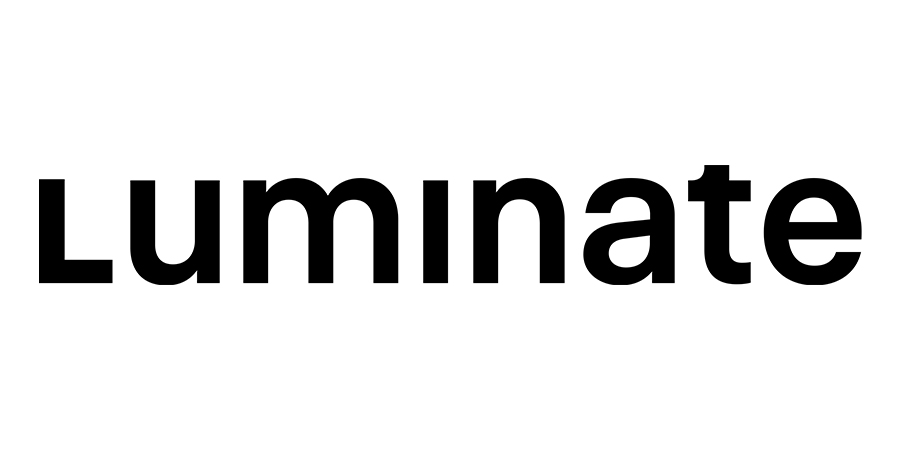Implementing PPP Projects in Province 1 – Policy Paper
Province 1 contributes to about 15% of the national GDP. As the economic potential of the province is quite high, it is imperative for the stakeholders from the public and private sectors to collaborate for increased economic development. Federalization has further contributed to an increase in economic activities which in turn, also increases government spending in the province. However, raising taxes to sustain the growing administrative expenses mandated by the current federal structure is a challenge. So, one of the focuses of the provincial government has been to switch to public-private cooperative partnership (PPCP) models. The provincial government has also been encouraging the local governments to forge public-private partnerships by regularly allocating budgets to the local governments in the form of conditional fiscal transfer for forming PPP initiatives. Yet, there is a big gap between the pace at which PPP projects are being planned and executed. The environment for investment remains uncertain as the province continues to lose its industries to other provinces. Furthermore, challenges of institutional capacity and integrity, lack of project preparation, underrepresentation of citizens, and generating interest from the private sector to invest still rest.
The public sector should continue taking the lead in developing sustainable and resilient infrastructure to support economic development and human well-being. But the real advantage of such development projects can be availed by using the PPP modality in the provision of infrastructure through additional funding, more efficient management, and better public services. These partnerships, however, face considerable risks and challenges.
For proper implementation of PPP projects by empowering the public and the private sectors, creating an enabling environment to foster collaboration is imminent. There can be seen an important role of partnership between the public and the private sectors for realizing the goals of Fiscal Federalism. For this, continual dialogue between the stakeholders as a means to bridge the trust and information gap between the two parties, while developing institutional capacity and integrity is required. There can also be seen a need to develop tools to help the government monitor and evaluate ongoing PPP projects to better incentivize good behavior within and outside the government, as well as to prosecute illicit activities that hamper the partnership.





